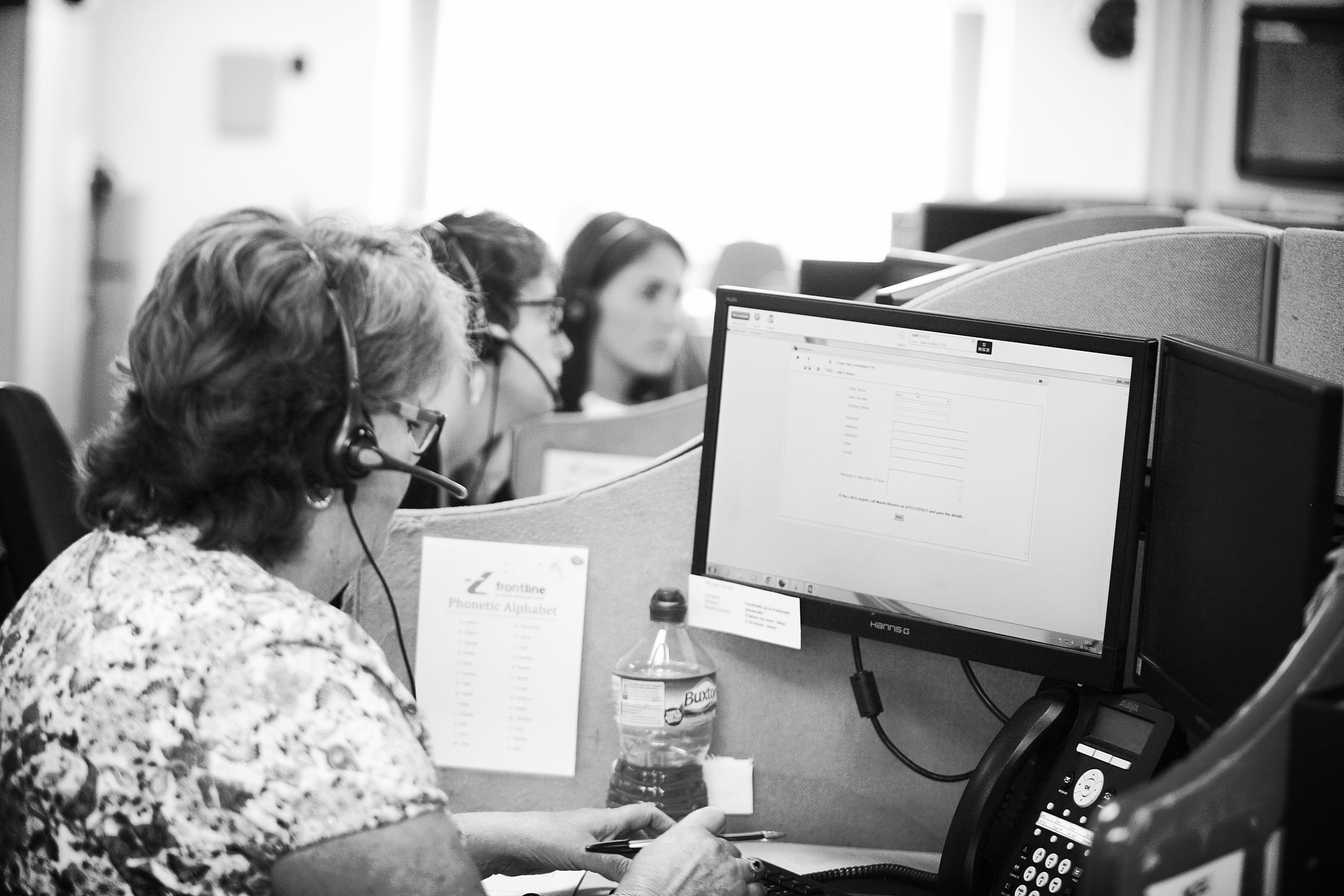What not to do when speaking over the phone
/When you work with so many clients over the phone, you learn a lot about phone etiquette - including what not to do. From rude habits to impractical actions, here are some of the biggest “don’ts” that our employees will avoid at all cost when talking to clients over the phone.
1. Eating
Clarity is key over the phone, as sometimes background noise or turbulent weather can make it difficult to hear the person on the other end of the line. Having to put up with the sound of munching and chewing only makes this worse, not to mention sending a signal to the receiver that they are not the most important thing on your mind.
2. Cross-chatting
When you work in an office with others, it’s natural to chat with them every now and again. After all, a bit of socialising keeps you in a good mood and helps you do your job more effectively. However, such conversations shouldn’t continue once you’re on the phone with someone else. Not only is this the height of rudeness, but it also adds to the confusion when the receiver isn’t sure which sentences are directed at them.
3. Shouting
With the possible exception of noisy backgrounds or when speaking to people with severe hearing problems, there is no need to raise your voice when on the phone. Even if done with good intentions – for instance, to ensure that the receiver understands your message clearly – people naturally relate a loud voice to anger and tend to view it as disrespectful.
4. Over-talking
Phone conversations should be a two-way process, with both parties exchanging information and views. If one person is constantly trying to hold the floor and refusing to let the other talk, then not only will they be less able to tailor their response to their counterpart’s needs, but they will also give the impression that they don’t care what they think. Naturally, this doesn’t constitute brilliant customer service.
5. Silence
In contrast to the previous point, whereas over-talking can be frustrating and unproductive, not saying a word can be equally irritating. Often the person on the other end of the line wants to hear your views and the information you have to share. As such, it’s important to get the right balance, keeping your phrases clear and concise while allowing your fellow speaker to say their part too.
For a polite, professional telephone answering service, contact us today.
Photo: HA1-000370 by We have moved! Please visit /highwaysengland licensed under Creative commons 2






